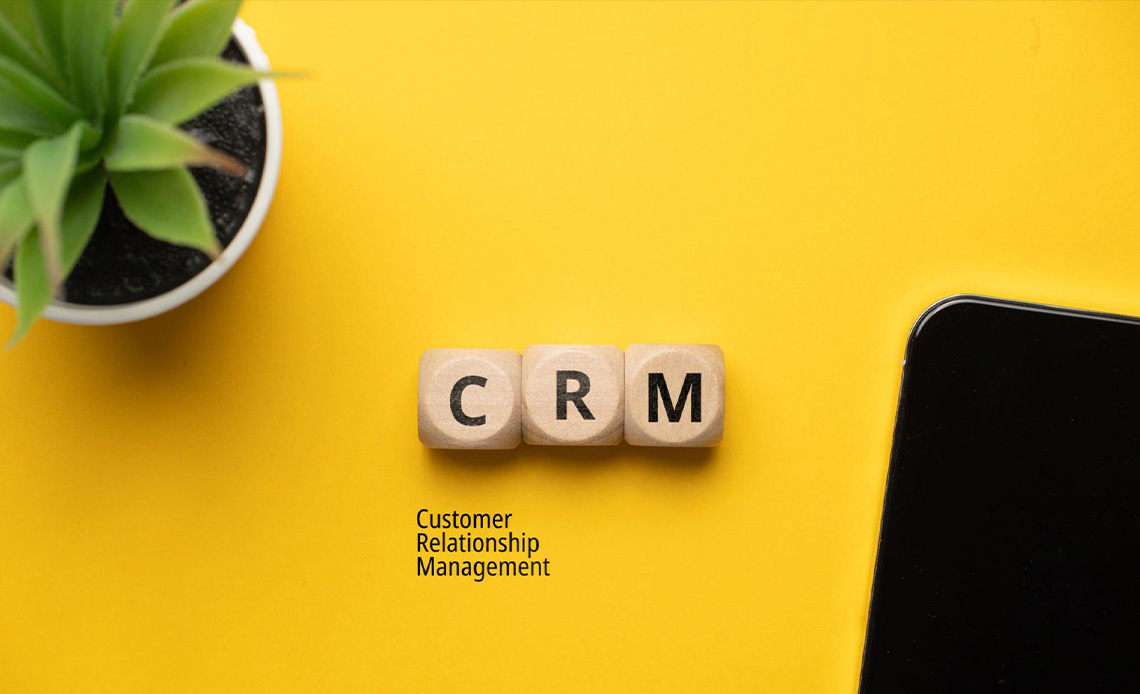In the world of procurement, managing supplier relationships, streamlining procurement processes, and ensuring cost efficiency are critical for organizations seeking to gain a competitive edge. One technology that has proven instrumental in achieving these objectives is Customer Relationship Management (CRM). This article explores the benefits and considerations of leveraging CRM in procurement, highlighting how it can revolutionize supplier relationship management and drive efficiency throughout the procurement lifecycle.
Centralized Supplier Information:
CRM systems provide a centralized repository for storing and managing supplier information. By capturing and organizing data such as supplier profiles, contact details, contracts, performance metrics, and compliance documentation, procurement teams can gain a comprehensive view of their supplier ecosystem. This centralized approach facilitates quick and accurate supplier evaluations, simplifies decision-making processes, and enables effective supplier relationship management.
Streamlined Procurement Processes: CRM systems offer robust workflow automation capabilities that streamline procurement processes from requisition to payment. With CRM, procurement teams can automate manual tasks such as purchase order creation, approval workflows, and invoice processing. By reducing manual intervention
and optimizing process efficiency, organizations can accelerate procurement cycles, reduce errors, and improve overall productivity.
Supplier Performance Tracking:
CRM systems enable organizations to track and measure supplier performance based on predefined key performance indicators (KPIs) and metrics. By capturing data on delivery timelines, product quality, compliance adherence, and service levels, procurement teams can evaluate supplier performance objectively. CRM dashboards and reporting features provide real-time visibility into supplier performance, enabling proactive identification of underperforming suppliers and facilitating data-driven decision-making for supplier optimization.
Enhanced Supplier Relationship Management:
CRM systems empower procurement teams to build and nurture strong supplier relationships. By tracking and analyzing communication history, interactions, and feedback, procurement professionals can proactively engage with suppliers, identify opportunities for collaboration, and address any concerns or issues promptly. CRM tools also facilitate effective communication, enabling seamless collaboration between procurement teams and suppliers throughout the procurement process.
Strategic Sourcing and Cost Savings:
CRM systems support strategic sourcing initiatives by providing a holistic view of supplier relationships, performance, and spend analysis. By leveraging CRM analytics, procurement teams can identify cost-saving opportunities, negotiate favorable contracts, and consolidate purchasing volumes. Additionally, CRM systems facilitate supplier segmentation, allowing organizations to categorize suppliers based on their strategic importance, performance, and potential for collaboration.
Key Considerations when Implementing CRM in Procurement:
a. Integration with Procurement Systems: Organizations should assess the compatibility and integration capabilities of CRM systems with their existing procurement tools, such as e-procurement platforms, supplier management systems, and enterprise resource planning (ERP) software. Seamless integration ensures data consistency and eliminates silos.
b. Data Quality and Governance: Data accuracy and integrity are critical in procurement processes. Organizations must prioritize data quality and establish data governance practices to ensure accurate supplier information, eliminate duplicates, and maintain data integrity throughout the CRM system.
c. User Adoption and Training: Successful implementation of CRM in procurement requires comprehensive user training programs and change management strategies. Procurement professionals should be trained on how to effectively use the CRM system, enter data consistently, and leverage its features to drive efficiency and supplier relationship management.
d. Scalability and Customization: Organizations should select CRM solutions that can scale with their procurement needs and adapt to evolving business requirements. Additionally, customization options should be considered to align the CRM system with unique procurement workflows and processes.
Conclusion:
CRM systems have the potential to transform procurement processes, enabling organizations to optimize supplier relationships, streamline procurement cycles, and drive cost efficiency. By leveraging CRM’s capabilities, such as centralized supplier information, streamlined processes, supplier performance tracking, enhanced supplier relationship management, and strategic sourcing, organizations can unlock substantial benefits in procurement.




